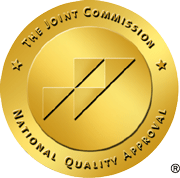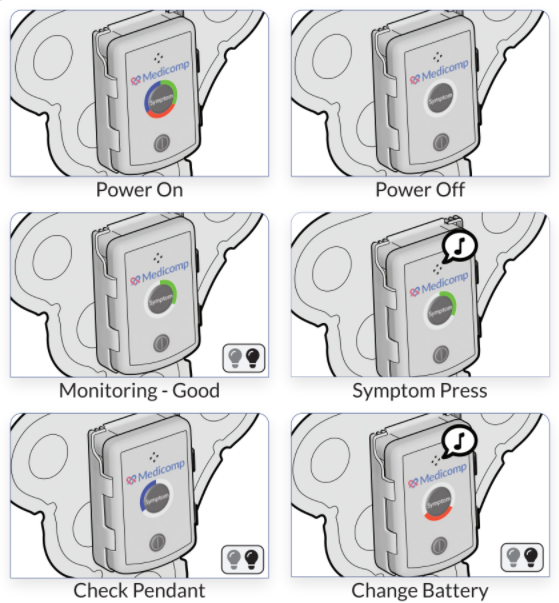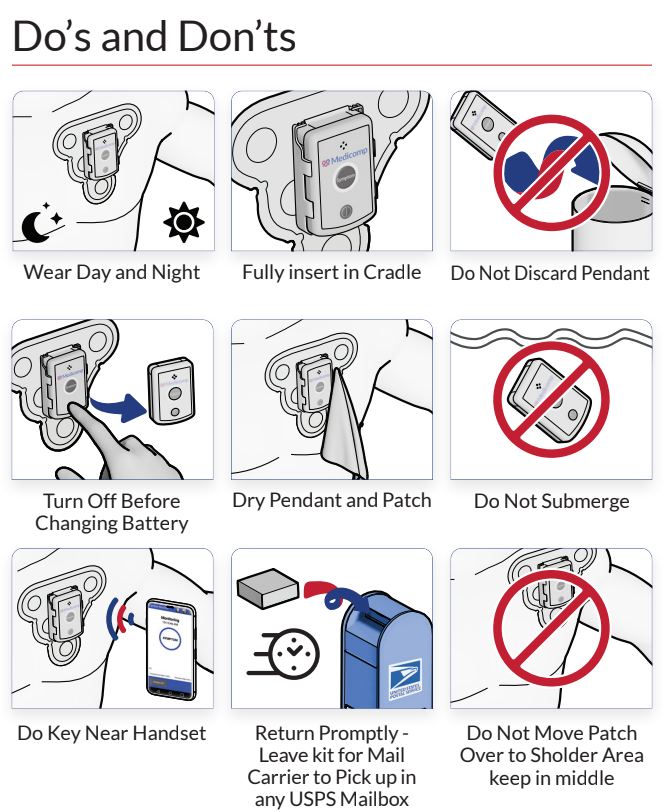A huge chasm divides “dealing with” a patient and “working with” a patient. When private practice physicians and attending physicians decide on a course of treatment for a patient and then allow the patient to add input into that plan, they are collaborating in patient-centered care. This approach gives patients a share in how their treatment will progress, and opens the door for honest communication and compassionate care. ReactDx’s broad line of wearable cardiac monitors fully embrace patient-centered care as patients are able to track their heart’s performance in their daily life. Patient-centered care is not difficult once you see beyond the cure to the person being cured.
Invested in Their Treatment
When patients share in their course of care, they are more likely to maintain diets, take medications as directed, and partake in more difficult aspects of care simply because they feel that they have a say in their care. For example, if you tell a patient she must exercise 30 minutes every day by walking, that patient may balk and complain she has no time. If you open the discussion by asking how she can make time in her schedule to walk, it might help generate ideas the patient can more easily follow.
Model Empathy
Physicians who model empathy are more likely to have patients report they have a positive relationship with their doctors. Simply nodding as a patient talks and making eye contact gives the patient the green light to open up and discuss symptoms you might not otherwise know. When you ask a question, pause for almost half a minute to give the patient time to evaluate and sort through thoughts before responding. Watch for emotional cues in your patient and respond accordingly.
Focusing on the patient is vitally important because it affects your bottom line. A patient with a negative diagnosis who is treated with compassion will be more likely to recommend you than a healthy patient who is treated as a number. Take each customer seriously, and when you are unsure whether a patient’s symptoms are unfounded, order one of ReactDx’s mobile cardiac monitors for a complete picture of the rate, rhythm, morphology, and P-wave analysis of their heart rate. Contact us online or give us a call at 800-23-HEART.



